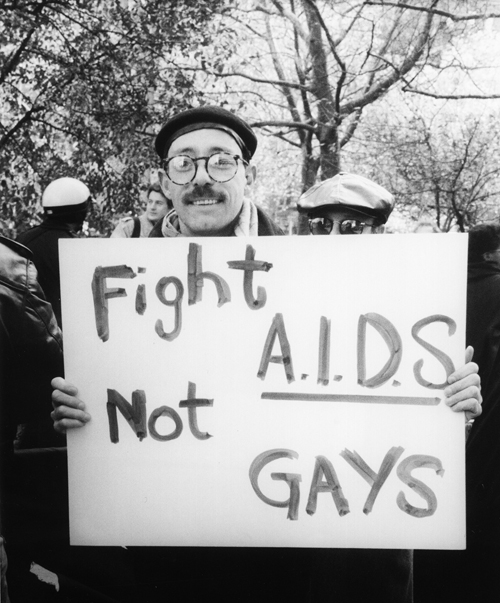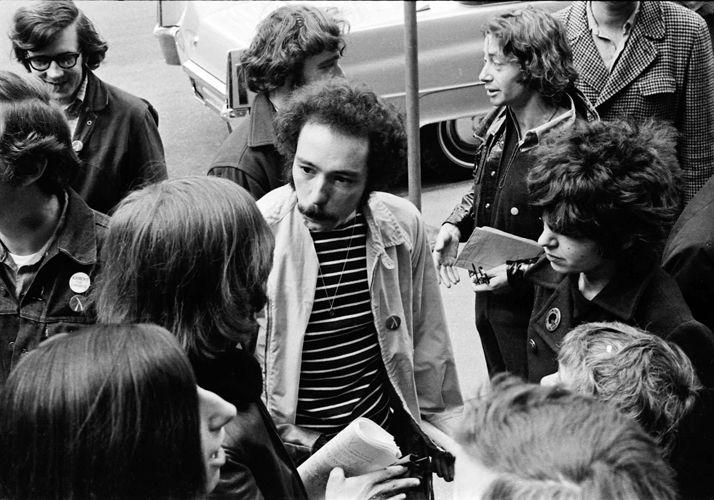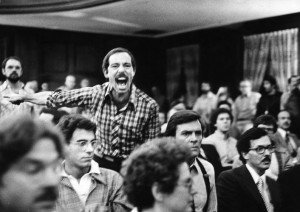Vito’s Victory

New HBO documentary peers into Vito Russo’s ‘The Celluloid Closet’ and beyond
by Nancy Ford
He didn’t like sports, nor did he participate in the physically rough and muddy ways of other suburban New Jersey neighborhood boys. Described as “out of place” as a child by a cousin, there was one place young Vito Russo felt completely at home: at the movies.
Lucky for us.
Even as a young man, Russo had an eye for the “gay moments” in both classic and contemporary cinema. For example, did you know that Dracula’s Daughter (1936) had a taste for the ladies? Vito did. He had Movie Gaydar.
Newly arrived in his chosen New York City neighborhood of Greenwich Village, an unsuspecting Vito had landed in that special Bohemia in the formative years of the struggle for LGBT equality. Observing safely from his perch in a tree, he was a first-person witness to the Stonewall Rebellion, an event that would change his (and your and my) life forever. His job at Museum of Modern Art’s film department compelled him to catalogue the screen’s gay images, which up until relatively recently almost always ended in death or at least shame for the flickering, fey character.
Russo’s cataloging resulted in The Celluloid Closet, a landmark book so impactful that it took him on a worldwide lecture tour. He shared his passion for film and LGBT equality, opening countless eyes to the oppression Hollywood heaped upon its gay and
lesbian characters. It later morphed into a documentary, but the term “author/lecturer” barely scratches the surface of the lasting importance Russo had on the modern LGBT equal rights movement.
As the ’80s unfolded, bringing with it HIV/AIDS, Russo was further compelled by the Reagan administration’s lack of response to the epidemic; he gave legs to his anger as a co-founder of Gay Activists Alliance, GLAAD, and ACT-UP. But what broke his heart even more than the virus that would finally claim his life in 1990 was the lack of outrage demonstrated by many members of his own community.
“There was a time in this country when people used to fight and die for what they believed in,” Russo raged against the apathy machine. “And their Rolexes and pasta machines won’t save them in the end.”
With commentary from numerous friends and co-conspirers including Larry Kramer, Lily Tomlin, and Bruce Vilanch, HBO’s Vito documents the life of a major player in the struggle for LGBT equality whose name is too often not remembered with more recognizable contemporaries like Kramer, Harvey Milk, and Frank Kameny. To say that Vito is required viewing for anyone who seeks a better understanding of what the LGBT community was, is, and is to become, is a vast understatement.
2011. Jeffrey Schwarz directs. August 4 and 8 (HBO), August 12 and 17 (HBO2), August 23 (HBO Signature), and HBO On Demand and HBO Go throughout the month. HBO Documentary Films (hbo.com).












